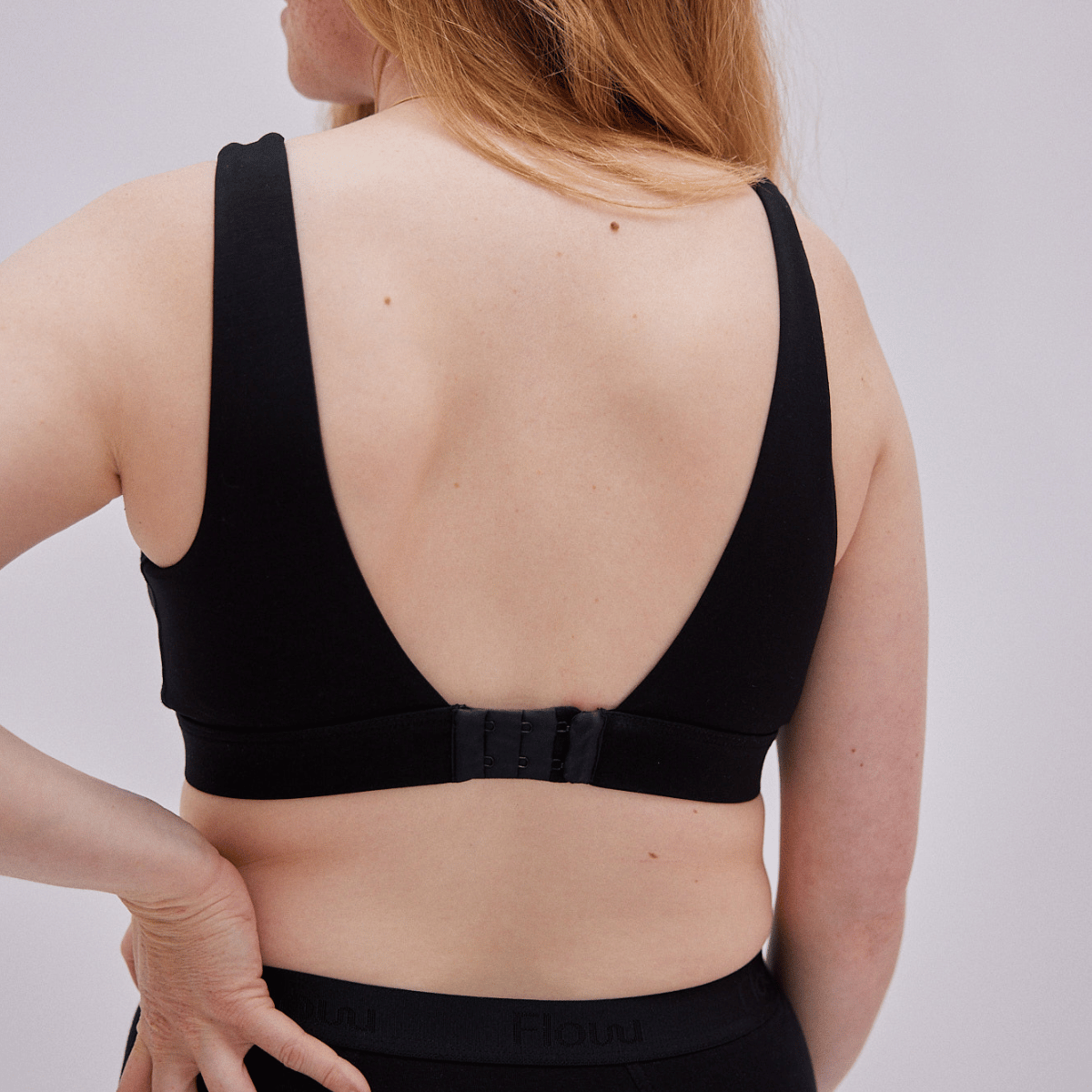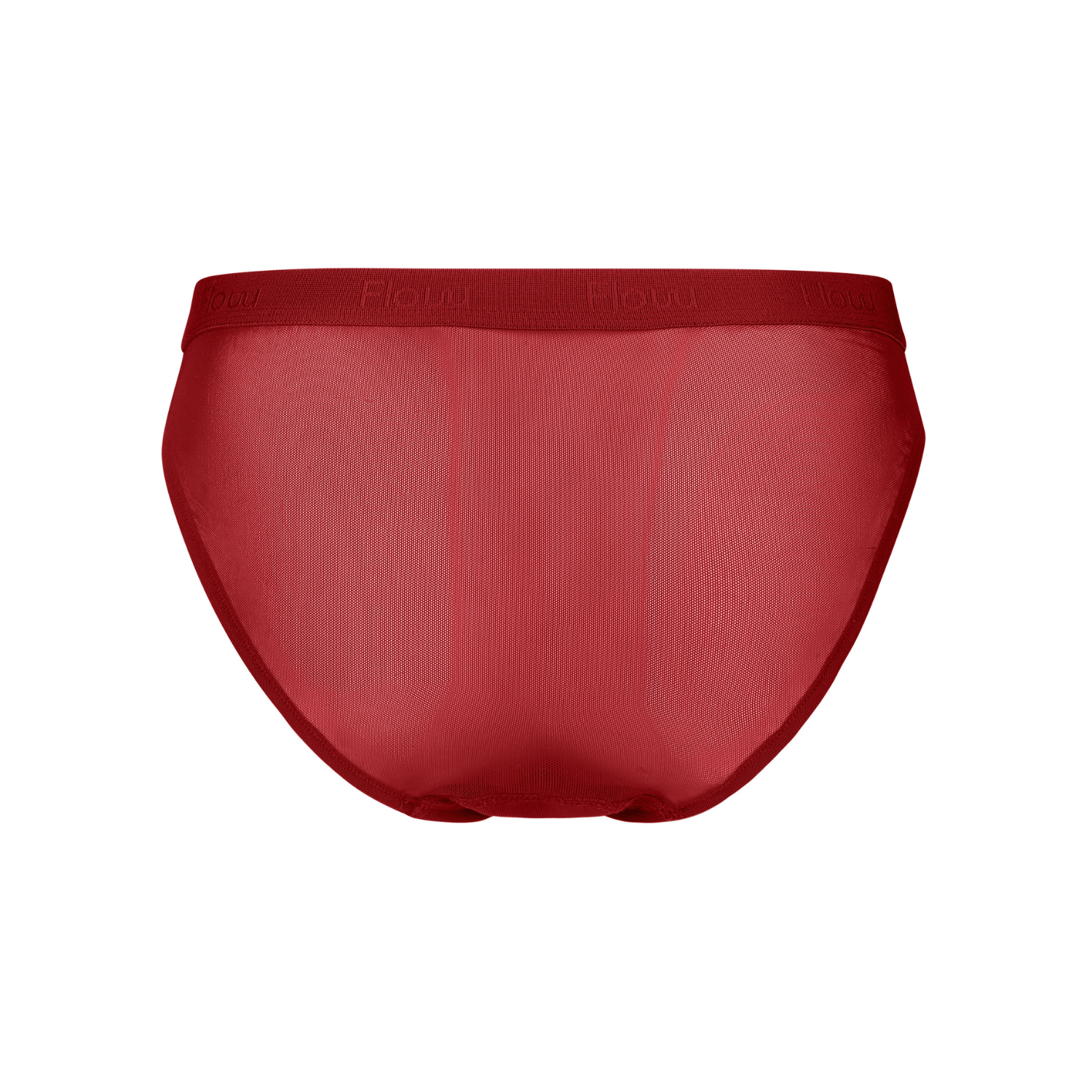Five false myths about menstruation

Menstruation (and the abdomen of women and feminized bodies in general) remains one of the most mythical functions of the body. We know something - but we still don't know everything. The female body and female diseases have been under-examined and under-funded in research for centuries.
And therefore there is plenty of room for myths to arise. Let's kill some of them together:
-
"We are totally in sync with our periods at the office" - false.
Researchers have looked deeply into whether you can synchronize your period with friends, sisters or colleagues. But there is no scientific evidence for that. But since you often have different cycle lengths in your circle of friends, over time you will be able to "catch up" to be in sync for a few months, only to "run away from each other" again.
-
“PMS is not real - it's just hysteria” - false
This is one of the more persistent myths surrounding a cycle. That PMS is something a menstruating person just makes up to excuse a bad mood, and that is also how it has been explained and used amusingly in the media over time.
But PMS is a very real symptom that some menstruating women experience to a greater or lesser degree in the days leading up to their period. As your ovulation has taken place and towards the actual bleeding, the hormone levels in the body will slowly drop to their lowest point when you get your period. And it affects both body and psyche. For some it means easier to tears, irritable, tense chest, but it can also cause periodic black vision, for example. For some, it is actually so pronounced and serious that it has been given its own term, PMDD (Pre Menstrual Dysphoric Disorder/Præmenstruel dysphoria), which can affect up to 8% of all menstruating women, and here the symptoms can be so overwhelming that they can require treatment by your own doctor.
-
"Cups and tampons can disappear into the body" - false
The opening between the vagina and the uterus is far too small for either cups or tampons to enter that way. So don't worry; what you put in comes out.
-
"You can't get pregnant during your period" - false
That's what most of us have been told over time - that you can't get pregnant during your period. But your ovulation can move from month to month, and sperm can theoretically stay in the uterus for 3-4 days. So yes, theoretically you can get pregnant during your period.
-
"My period is late" - false
It is actually not your period that is delayed, but your ovulation that has been. There is always the same number of days between your ovulation and your period. If you would like to know more precisely when you will menstruate, you must learn to track your ovulation.
So we got it in place - what should we investigate next?

































